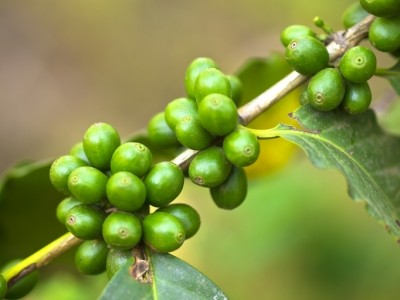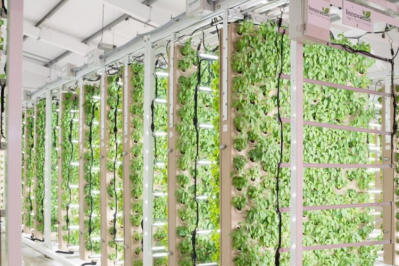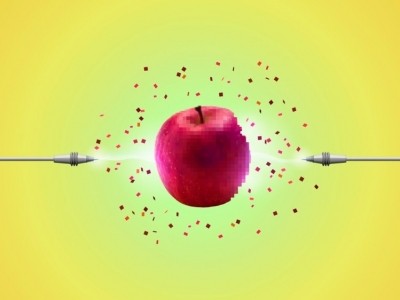Meet the start-up using robotics, AI, and ‘per plant farming’ to transform crop cultivation
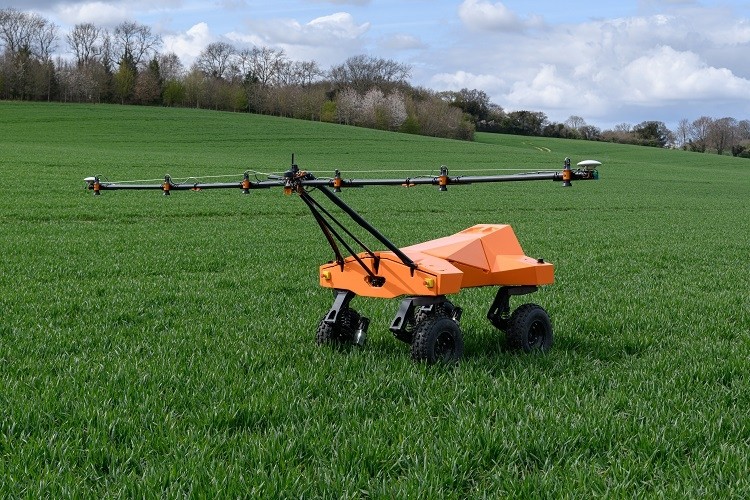
Sectors across the board are embracing Industry 4.0 technologies, which range from artificial intelligence to robotics and machine learning.
But when Sam Watson-Jones – a fourth-generation arable farmer – returned to the family business a decade ago, he observed the farming sector had been somewhat left behind.
“When I went into a field and decided it was the right time to apply some fertiliser… that same decision-making process would be recognised by my great grandfather farming the same land in the 1940s: it is largely gut instinct and experience.”
That was not the only concern. His family farm had been producing the same yields for the last 30 years, while agflation was increasingly taking out a bigger chunk of the profits. Currently in the UK, agflation is running close to 30% per annum.
The farm’s impact on the environment was another concern, explained the entrepreneur at Forward Fooding’s agri-food tech event in London. “It struck me quickly that the business, as it existed, had some major problems. It didn’t have much of a future unless something significant changed.”
For Watson-Jones, it all boiled down to one thing: “The sector was not using technology to make better decisions.” Together with co-founder Ben Scott-Robinson, Watson-Jones founded The Small Robot Company – a start-up working to rectify the decision-making process with a concept they’ve coined ‘per plant farming’.
What is ‘per plant farming’?
“Per plant farming is the ability to go into ultimately any field, and gather data on every single plant, to then be able to treat each plant individually,” explained Watson-Jones, who serves as the company’s president. The way the start-up does this, as the name implies, is with small, ground-based robots.
So-called per plant farming is firstly centres around data collection, which The Small Robot Company calls ‘per plant intelligence’. A ground-based robot moves around a field – The Small Robot Company has started with wheat, but aspires to work with all main crops – and takes high resolution images.
With the help of AI, software determines if weeds are present in the field (as well as noting their precise geolocation). The crop’s health status can also be ascertained, and any potential disease or pest concerns flagged. “All of these things can be detected from a single image,” explained Watson-Jones.
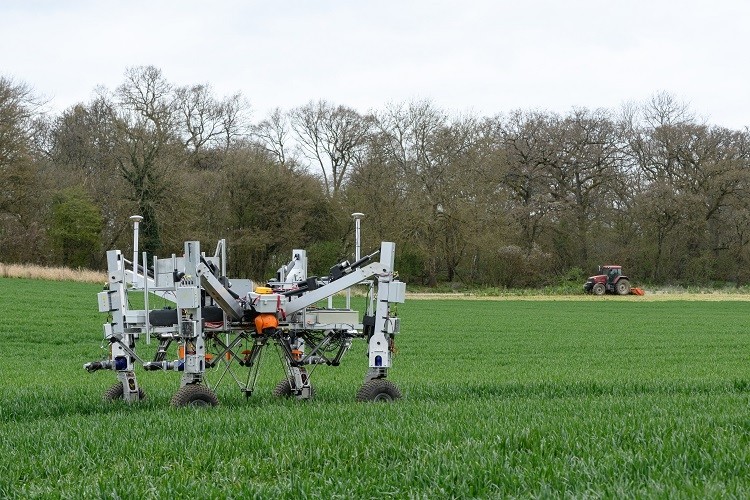
From ‘per plant intelligence’, the system moves into ‘per plant action’. The Small Robot Company creates a treatment map for sprayers, enabling them to apply chemicals ‘much more accurately’. A farmer may decide not to use chemicals altogether, in which case a lightweight robot can ‘zap’ weeds instead. “These are projects that we have underway at the moment.”
A per-hectare service to farmers
The Small Robot Company is already partnering with farmers to employ chemicals on-field more efficiently. The business sells its service on a per-hectare basis.
Historically, if a farmer spots a couple a few weeds, they will likely spray herbicide across the entire field, suggested Watson-Jones. By geolocating each weed’s position on the field and spraying ‘per plant’, however, they may end up spraying as little as 3% of the field - saving 97% of their herbicide.
“This can have a transformative impact on cost incurred to produce these crops, and of course have a massive environmental impact. Think about the huge volume of chemicals we are wasting that never comes into contact with a weed.
“The same applies when we’re applying fertiliser or fungicide. Farmers are massively overusing these [chemicals] because they haven’t had a better way of gathering data. That’s what we’ve tried to solve with a structured, detailed data set.”
Farmers have been working the land for a long time – for around 12,000 years to be precise. Are they willing to onboard next generation technology, or do they remain committed to ‘gut instinct and experience’?
Watson-Jones believes perceptions are changing. “Over the last few years [attitudes] have transformed… When we started this in 2017, we spent time convincing farmers that this [transition] was necessary. I never have those conversations anymore.”
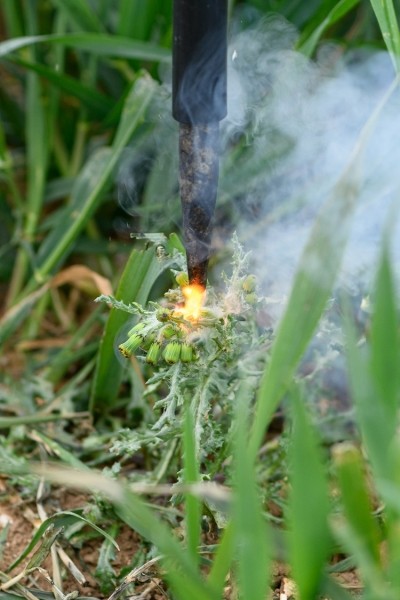
The co-founder puts that down to growing awareness around the environmental impact of conventional farming and increasing input costs. “There is a broad acceptance that this technology is needed to provide more stable business models.”
Agrochemical partnerships and next steps
Farmers are not The Small Robot Company’s only customers, however. The start-up is also looking to partner with agrochemical companies. Leaders within this sector include Syngenta, Bayer Crop Science, BASF, and Corteva.
Agrochemical companies have the potential to become ‘very big partners’ of The Small Robot Company, explained Watson-Jones. Why? The reason is at least two-fold: these businesses want to ‘get closer’ to the farmer customer; and they’re looking to be paid for outcomes, rather than per volume of chemical.
In so doing, they may be able to prolong the life of their existing portfolios while continuing to increase revenue in the face of tightening regulations.
At the same time, The Small Robot Company expects it will be able to help these businesses advance their R&D efforts, we were told.
The Small Robot Company is currently partnered with around 20 farms in the UK but expects that number to expand ‘quite significantly’ next year. While currently selling its product as a service, this model may also change in the new year for farmers who would prefer to own the machinery themselves.
In terms of technological developments, Watson-Jones expects next steps will see its systems not only detecting weeds in the field, but being able to identify specific species of weed. Having this information will give farmers the opportunity to leave certain weeds if they prefer, rather than eradicating all of them. “Not all of them are causing a particular problem.”
The co-founder continued: “The same approach will support more accurate applications of fungicide and fertiliser, as we start to develop these models.”
